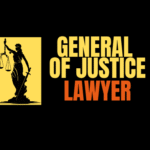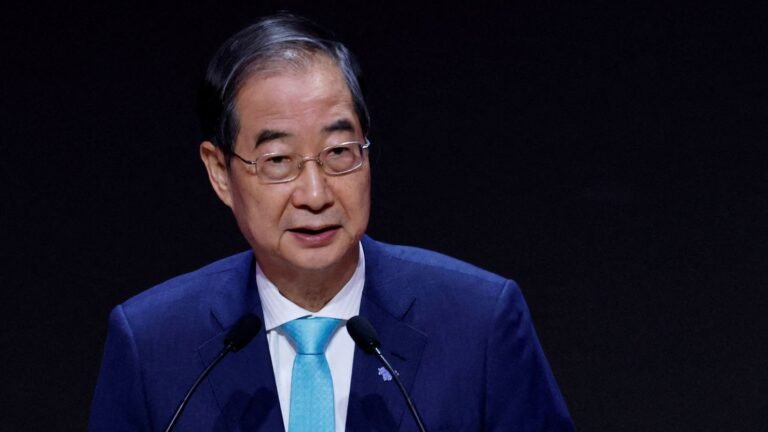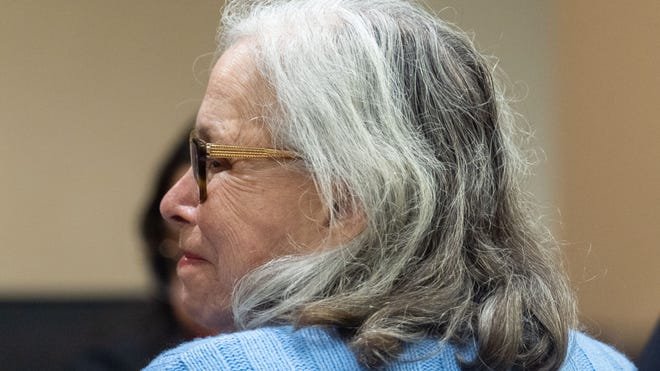
By The General Justice Lawyer, June 8
On June 7, 2025, Elly Chae Eun, a former 하이브 (HYBE) Communications Director, ignited controversy by alleging that Chairman Bang Si Hyuk engaged in unwanted physical contact and power harassment (권력 남용) during a 2017 private meeting.
The 폭로 (exposure), reported by Koreaboo, has stirred debate about workplace ethics in K-pop, amplified by HYBE’s ongoing financial investigations. While the allegations remain unproven, they raise significant legal questions about defamation and accountability in South Korea’s entertainment industry.
Chae Eun claimed that, while working overtime in 2017, Bang Si Hyuk pressured her to support then-presidential candidate Moon Jae In and made inappropriate physical contact. The accusations, shared on an online forum, went viral, with X posts reflecting mixed sentiments—some demanding HYBE’s response, others questioning the claims’ validity.
HYBE faces scrutiny beyond this incident, as South Korea’s Financial Supervisory Service investigates Bang Si Hyuk for alleged fraudulent trading tied to the 2020 IPO, with a search warrant pending. No charges related to Chae Eun’s allegations have been filed, but the overlap fuels public interest.
The allegations spotlight K-pop’s power dynamics, prompting calls for better employee protections. As fans and critics await clarity, the case underscores the need for transparency in an industry often shrouded in secrecy.
Legal Analysis: Defamation and Beyond
Under South Korea’s strict defamation laws, governed by the Criminal Act (Article 307) and the Information and Communications Network Act, Chae Eun’s allegations could face scrutiny if false.
Defamation (명예훼손) in Korea is a criminal offense, punishable by up to seven years in prison, even if the claims are true, if they harm someone’s reputation without public interest justification.
If Chae Eun’s accusations are proven false and intended to damage Bang Si Hyuk’s reputation, she could face criminal or civil liability, as seen in cases like BTS’s defamation lawsuits against YouTuber Sojang (2022–2023). HYBE could argue that the public 폭로 impaired Bang’s reputation and the company’s brand, seeking damages or prosecution.
However, if the allegations are true, Chae Eun may avoid defamation liability, as truth can be a defense if the disclosure serves the public interest (e.g., exposing workplace misconduct).
Yet, Bang Si Hyuk could counter with claims of harassment or labor law violations, arguing the meeting was consensual or misinterpreted. The lack of corroborating evidence, as no legal filings confirm the allegations, leaves the case in limbo. South Korean courts require clear proof of intent and harm, and without witnesses or documentation, both parties face challenges.
The allegations’ unproven status complicates matters. HYBE’s ongoing 조사 (investigation) for financial misconduct may overshadow Chae Eun’s claims, but if substantiated, they could trigger labor law probes into workplace safety.
The case echoes broader K-pop controversies, like NewJeans’ defamation disputes with HYBE, highlighting the industry’s legal battles over reputation and power.
For now, the 미래 (future) of HYBE and Bang Si Hyuk hinges on legal outcomes and public perception.
Sources: Koreaboo, Allkpop
Author

Latest entries
 Donna Adelson Trial2025-09-05Donna Adelson Found Guilty on All Counts in Dan Markel Murder Case
Donna Adelson Trial2025-09-05Donna Adelson Found Guilty on All Counts in Dan Markel Murder Case True Crime2025-09-03Epstein Files: Survivors Break Silence on Capitol Hill
True Crime2025-09-03Epstein Files: Survivors Break Silence on Capitol Hill US2025-09-03Cardi B Assault Trial Verdict — She’s Not The Drama
US2025-09-03Cardi B Assault Trial Verdict — She’s Not The Drama US2025-08-30Jim Crow Era — Louisiana’s Split Juries Problem and the Limits of Retroactivity
US2025-08-30Jim Crow Era — Louisiana’s Split Juries Problem and the Limits of Retroactivity






